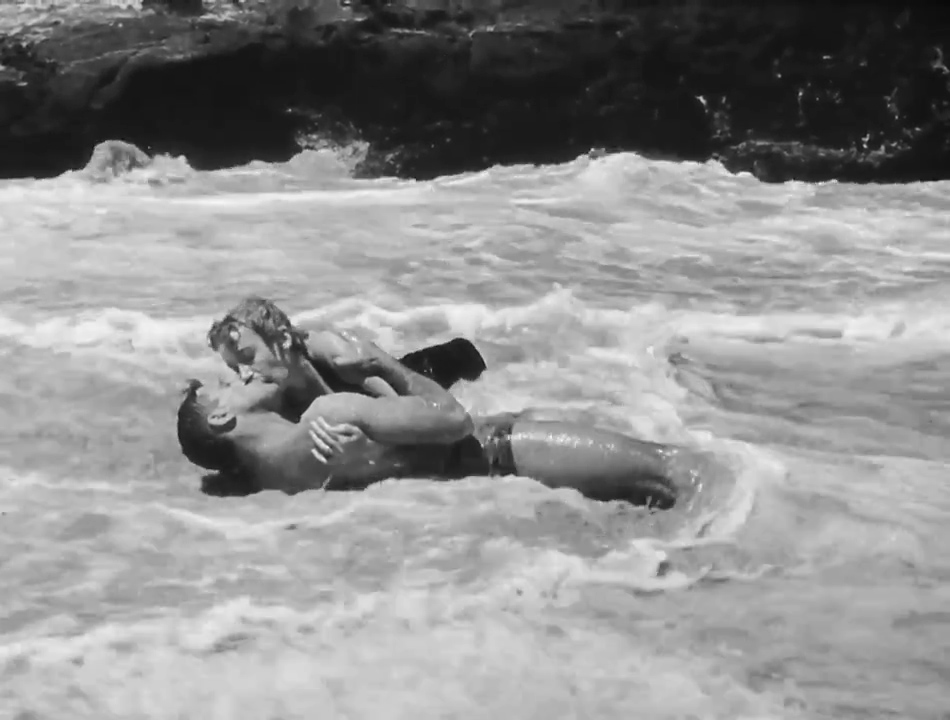alishock
I wrap my lips around a lovely pipe
Hello,
I am considering taking up fly fishing, based on the UK and there seems to be done great local options. Any tips on good equipment or what to avoid? I am a total novice but really like the idea of it.
I am considering taking up fly fishing, based on the UK and there seems to be done great local options. Any tips on good equipment or what to avoid? I am a total novice but really like the idea of it.




